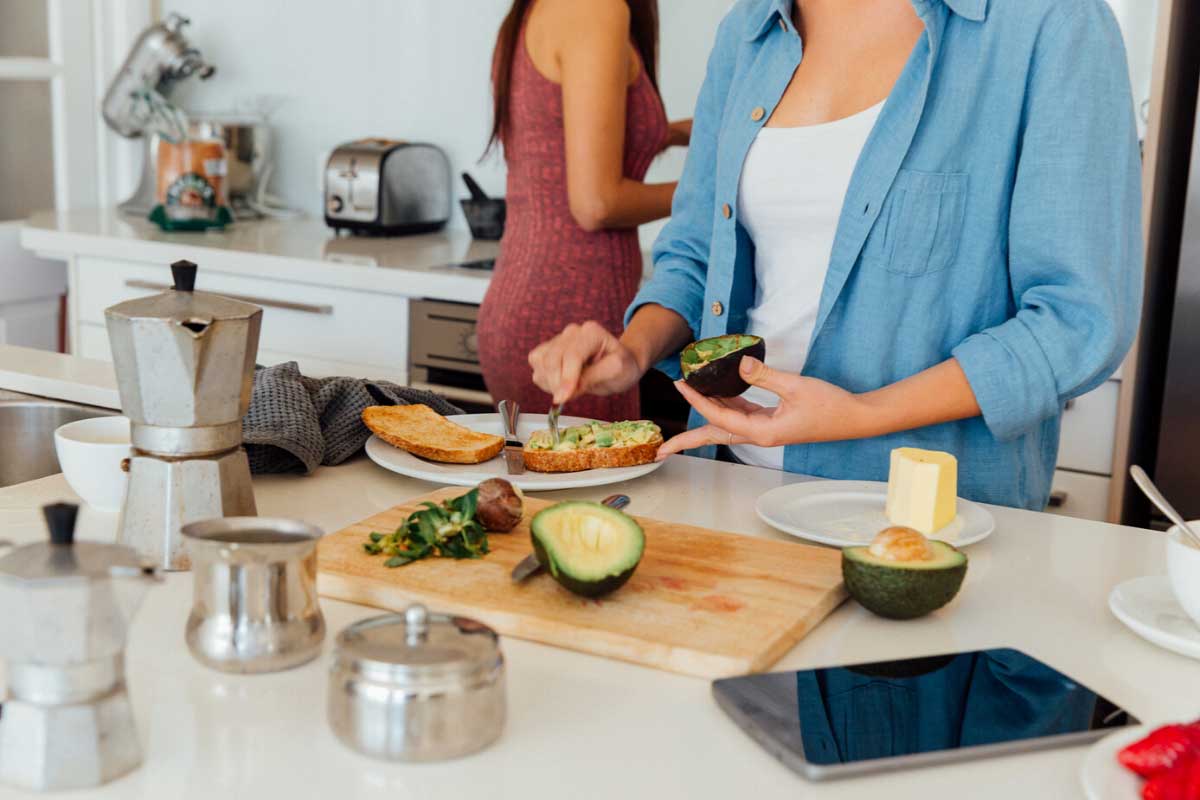
Want to make sure the recipes you find online are as healthy as they claim to be? Keep these tips in mind when setting about your search.
A lot of us might be cooking more at home these days and looking to the internet for meal inspiration. But when you type healthy recipes into the search bar, that may not always be what you get.
It might seem straightforward to find healthy food online, but the internet can spit out some unreliable, under-researched and incorrect information.
With that in mind, here are some tips to help navigate those search results.
-
Look to the source
Reputable sources may seem like a no-brainer, but after a few clicks you can end up in some strange places. Sticking with government websites (ending in ‘.gov.au’) or peak
bodies (i.e. heartfoundation.org.au) and linking out to ‘healthy recipes’ from these sites can help prevent misinformation.
-
If the recipes you are looking at stray from our nationally recognised guidelines, they are probably straying away from being healthy as well.
Compare your recipes to the guide and ask yourself things like:
- Are the grain foods mostly wholegrain?
- Are a variety of food groups represented in this meal?
- Are the meats lean meats?
- Is the dairy mostly reduced fat?
-
Think in context of your diet
No matter what recipe you are looking at, if it isn’t considered in the context of you and your diet, it runs the risk of not really being healthy.
When looking for a recipe, think about what you have eaten that day (or what you plan to eat the rest of the day). For example, if you haven’t eaten any vegetables all day, consider a dish made predominantly of vegetables (and a variety of them), or if your
breakfast and lunch have been made up mostly of meat products look to a recipe that incorporates more variety and better represents the other food groups.
-
Be cautious of health claims and fad diets
Chances are, buzz words from the latest diet craze will dominate your search results.
Words like paleo, keto-friendly, low-carb, and all-natural or health claims such as immune-boosting do not mean that a dish is ‘healthy.’ Many fad diets emphasize restricting
certain foods (and food groups) and do not mirror the national guidelines.
If the recipe you are looking at online has five different health claims attached to it, maybe second guess its validity and revisit point two.
-
Remember common sense
A cake is still a cake no matter what rare and expensive sugar it may contain. You can certainly look to add some more nutritious ingredients to a cake but remember it’s still a cake! Enjoy it as an occasional treat to sweeten your evening.
Trying new recipes is fun! And it’s usually easier to stay healthy with a home-cooked meal than with take-out and TV.
But when you set out on your quest for a new “healthy recipe” to trial in your household, just consider these points to make sure you find what you’re really searching for.
Disclaimer
This article contains general information only and does not take into account the health, personal situation or needs of any person.
In conjunction with your GP or treating health care professional, please consider whether the information is suitable for you and your personal
circumstances.